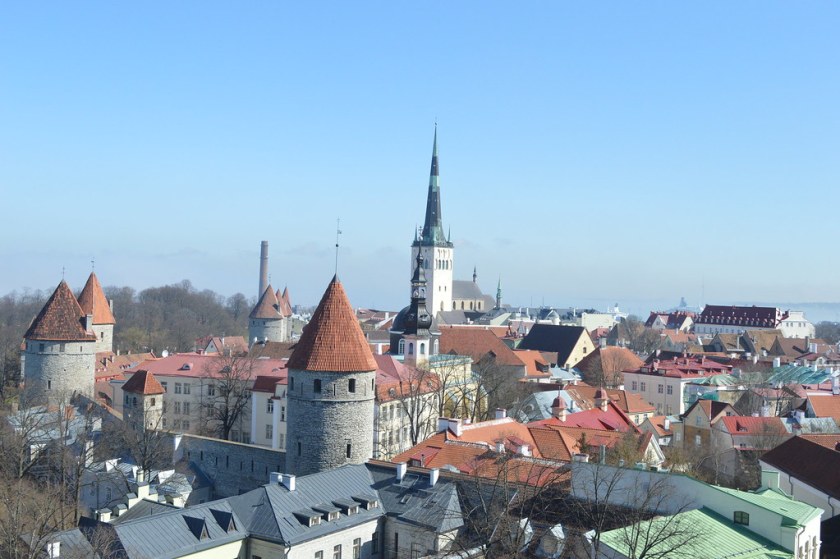I found this video a interesting watch. A couple of the guests Timothy Snyder and Anand Giridharadas, focused on income and wealth inequality and corporations/monopolies.
Timothy Snyder reminded me very much of the talk and books (the spirit level and inner level) by Richard Wilkinson and Kate Pickett of the equality trust.
SNYDER: One of the fundamental problems with our American, right-wing politics of inevitability is that it generates income and wealth inequality and it explains away income and wealth inequality. And so, you get this cycle where, objectively, people are less and less well off and subjectively we keep telling ourselves this is somehow okay because in the grand scheme of things this is somehow necessary. Individuals and families no longer think ‘I’ve got a bright future.’ They no longer believe—and this is something Mr. Trump got right even if he has no solution and he’s making things worse on purpose—they no longer believe in the American Dream. And they’re correct not to do so. If you were born in 1940, your chances of doing better than your parents were about 90 percent. If you were born in 1980 your chances are about one in two and it keeps going down. So, wealth inequality means the lack of social advance, means a totally different horizon—it means that you see life in a completely different way. You stop thinking time is an arrow which is moving forward to something better and you start thinking hmm, maybe the good old days were better. Maybe we have to make America great again and you get caught in these nostalgic loops. You start thinking it can’t be my fault that I’m not doing better, so whose fault is it? And then the clever politicians instead of providing policy for you provide enemies for you. They provide language for you with which you can explain why you’re not doing so well. They blame the other, whether it’s the Chinese or the Muslims or the Jews or the Blacks or the immigrants and that allows you to think okay, time is a cycle, things used to be better but other people have come and they’ve taken things away from me. That’s how the politics of inevitability becomes the politics of eternity. Wealth inequality, income inequality, is one of the major channels by which that happens.
While Anand Giridharadas reminded me of Cory Doctorow’s new book/post in medium.
GIRIDHARADAS: If you’re telling me that there are companies that do none of this stuff, that pay people well, that don’t dump externalities into the economy, that don’t cause social problems. If there are such companies that exist, yeah, then once you’ve taken care of all that, great, doing some projects to help people is great. But I haven’t found very many such companies and more often than not when companies do a lot of CSR it’s because they understand that they’re not on the right side of justice in their day operations, so they want to do virtue as a side hustle. And the problem is a lot of these companies tend to create harm in billions and then do good in the millions. And you don’t need to be a mathematician to know that we’re the losers from that bargain. And you look at the B Corp movement, there’s a lot of companies that actually have an interest in trying to invent a new kind of company that is not predatory. There is, in the B Corp movement, a certification process for those companies now. The challenges of them is that it’s a great thing but it’s fundamentally voluntary and what this does is it means that if you’re an already good, virtuous company you may be motivated to get into this club. But if you’re Exxon or Pepsi you’re not going to be in this club. One of the things I’d like to see is how can we actually use the power of public policy to get more companies to sign up to simply not dump harm, social harm, into our society whether that takes the form of toxic sludge or obese children or workers with unpredictable hours and income.




